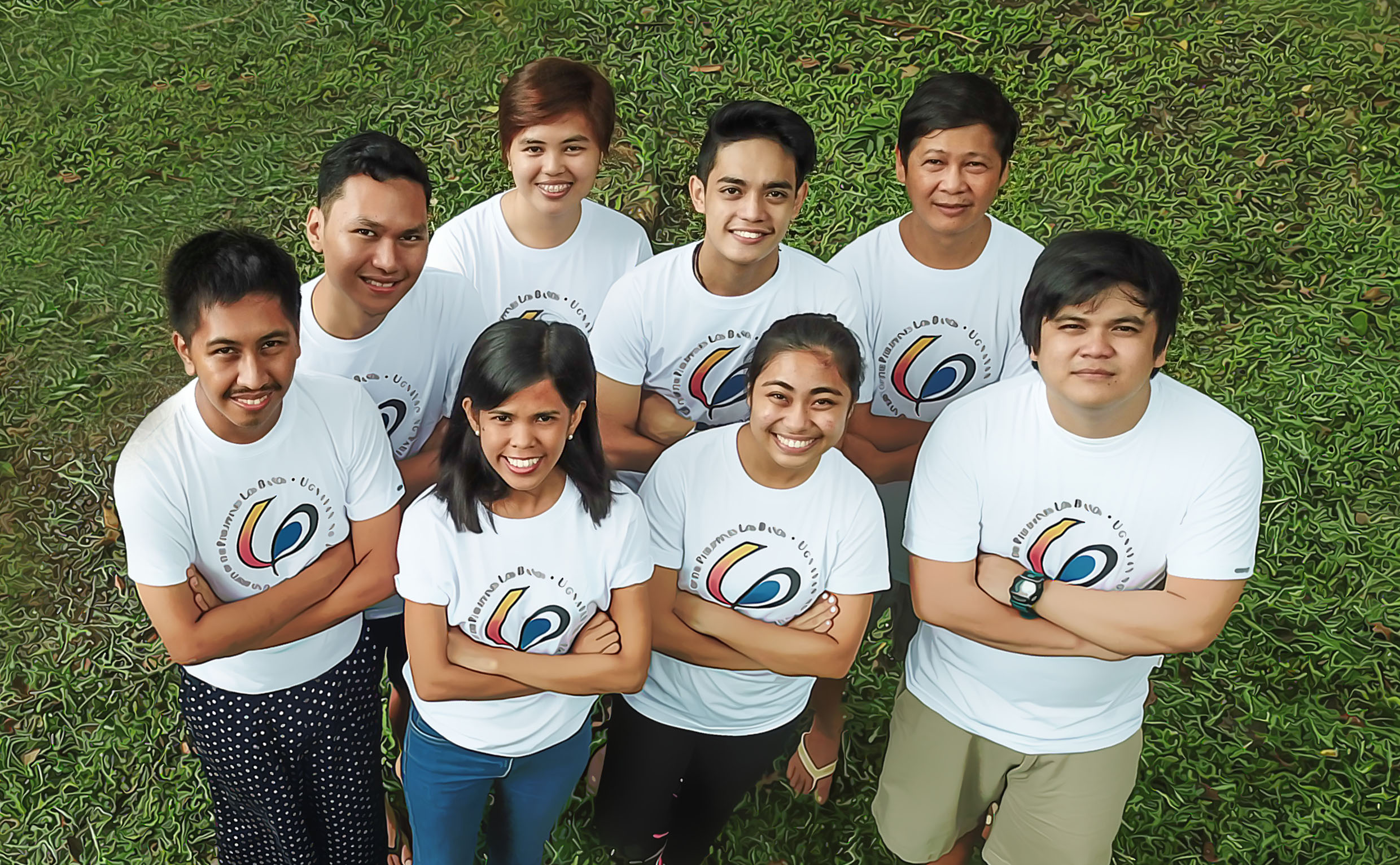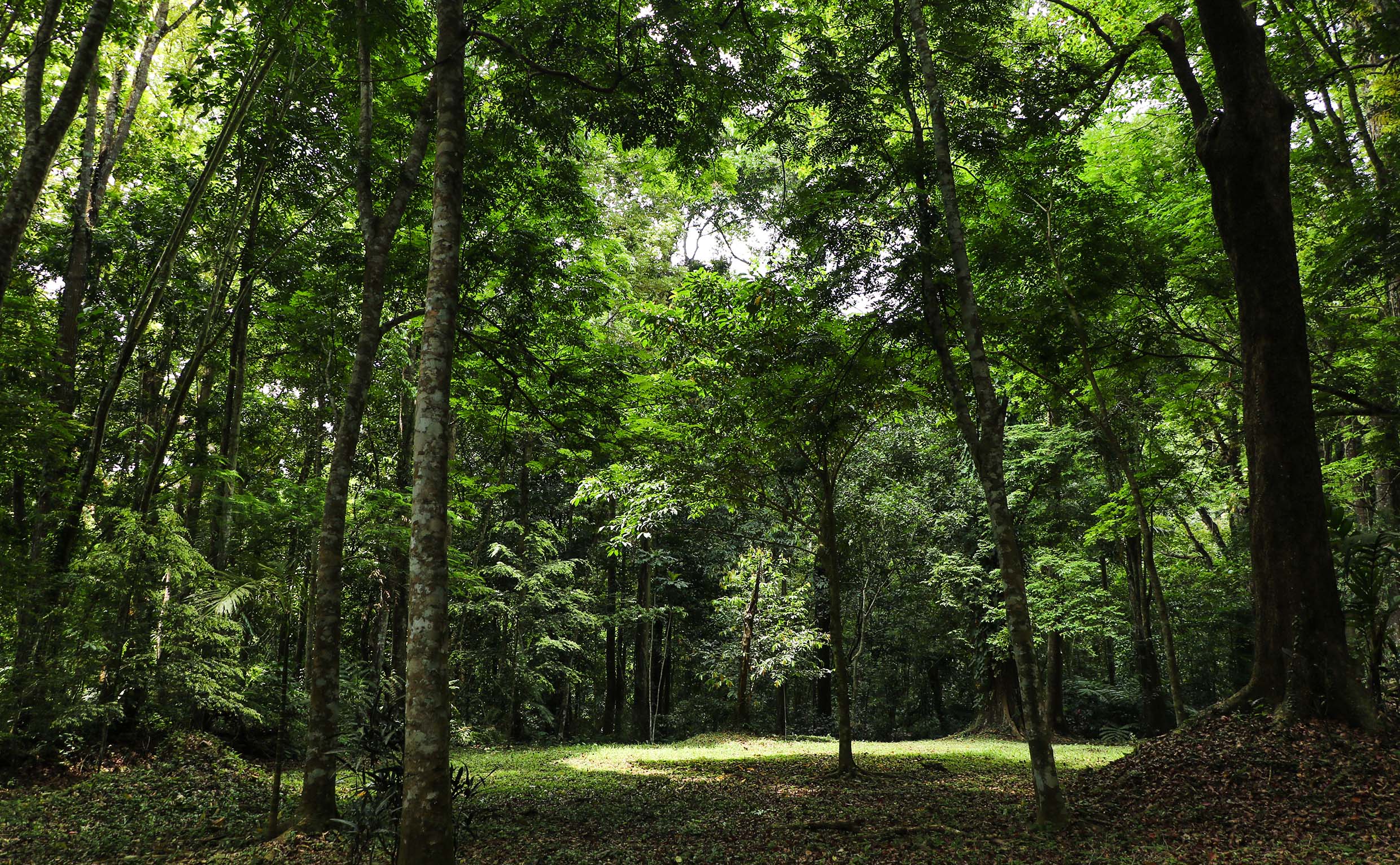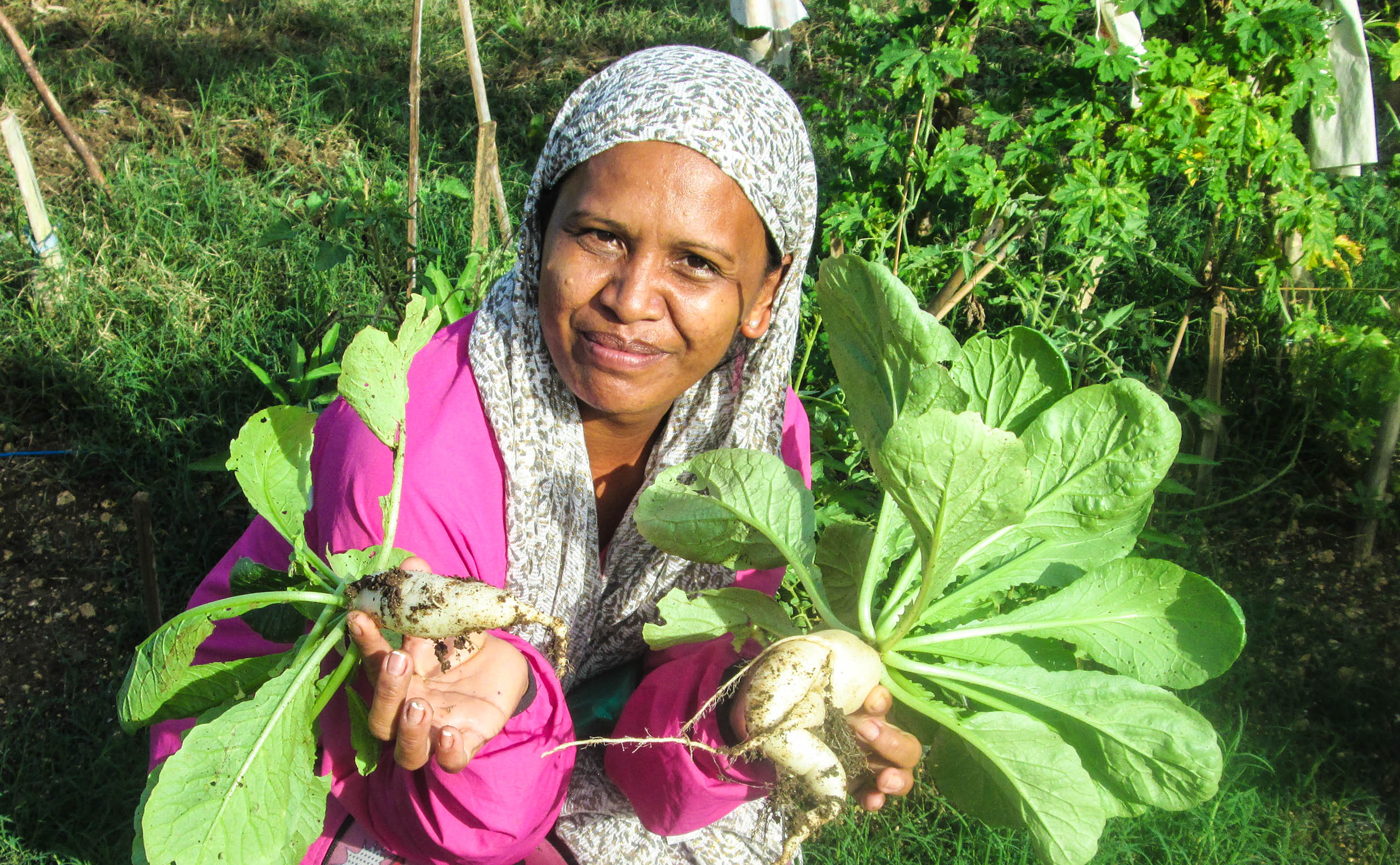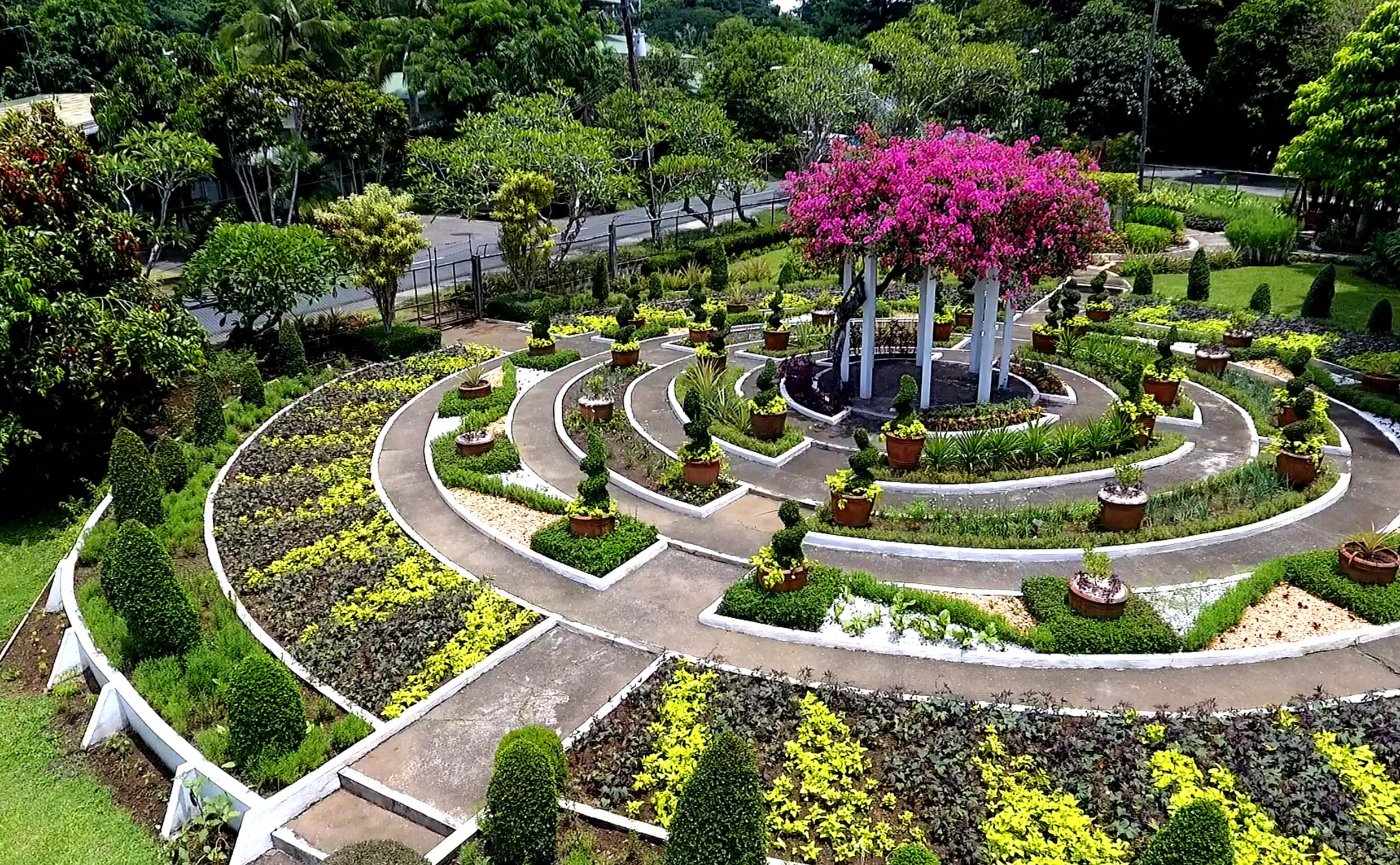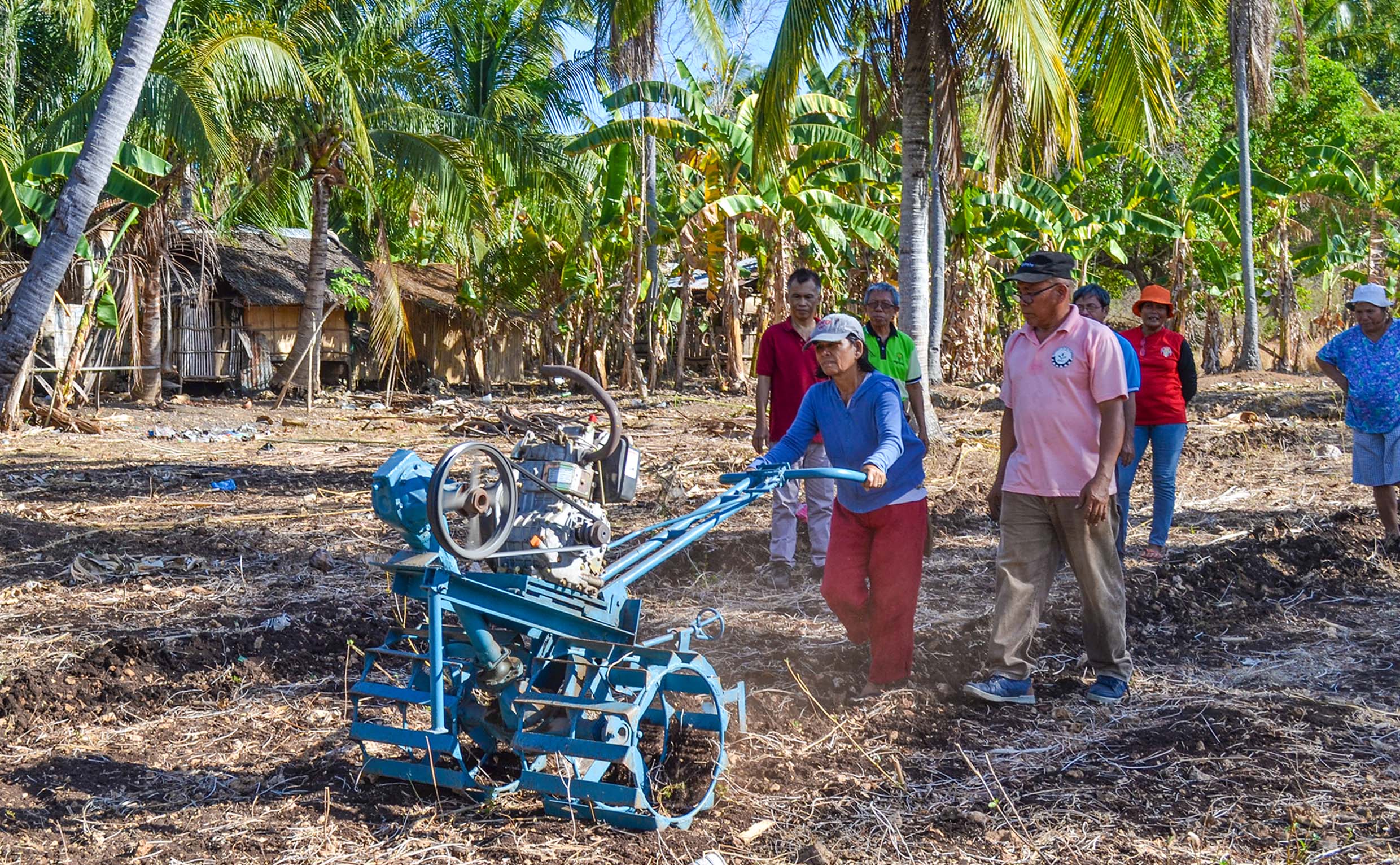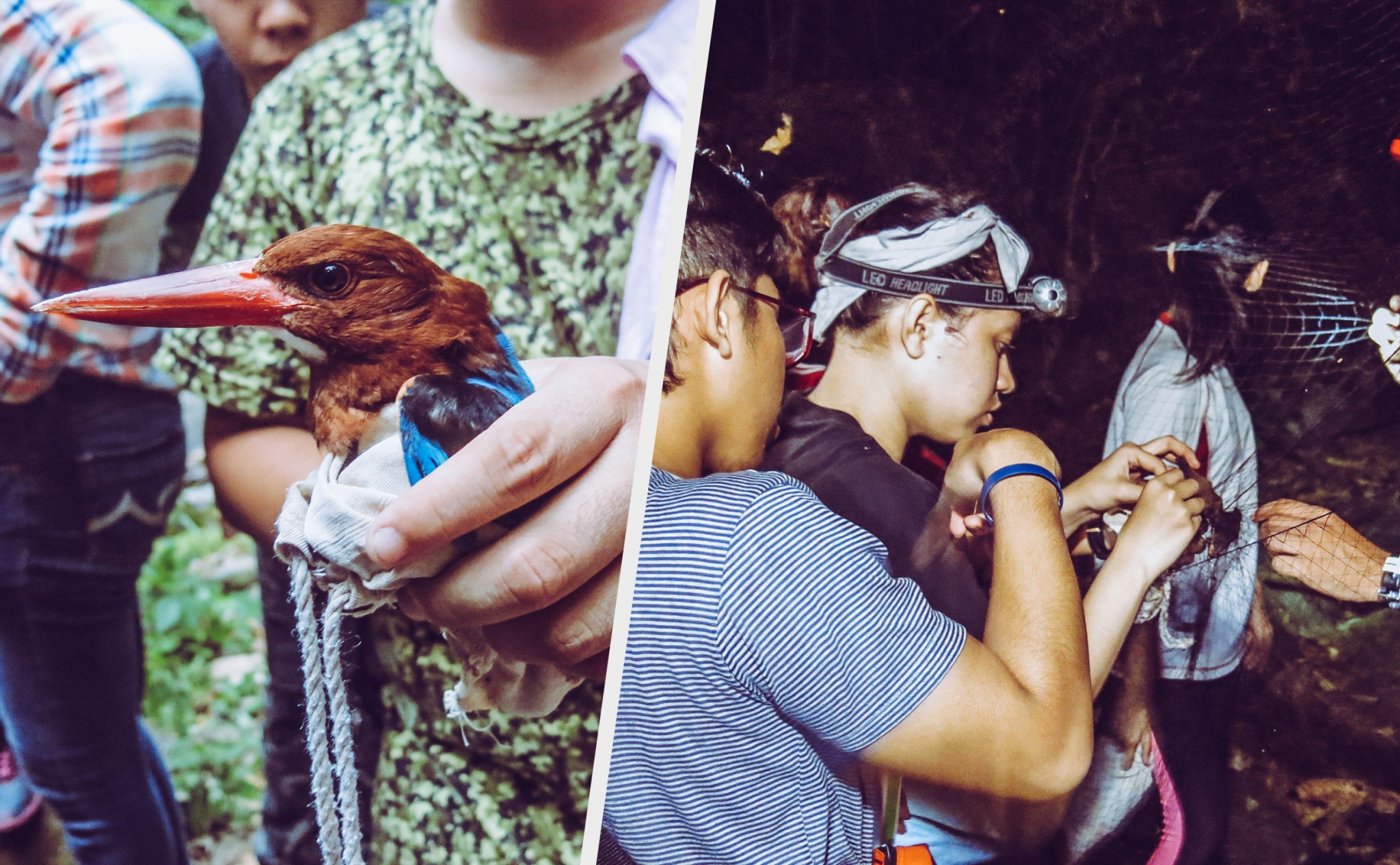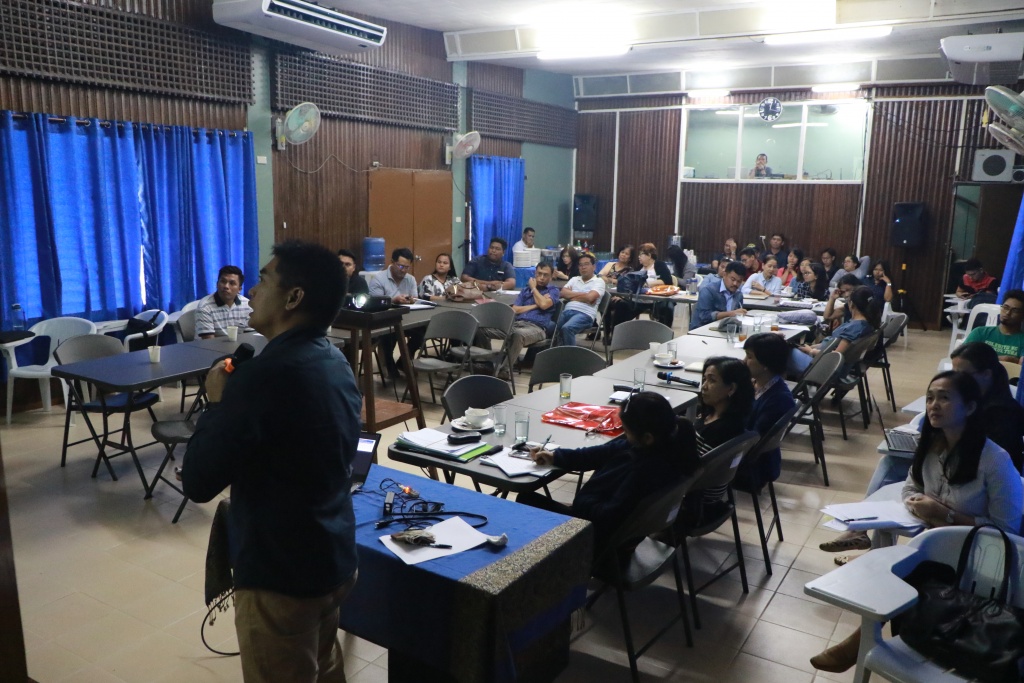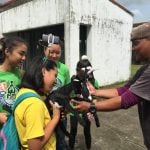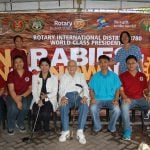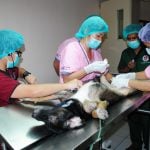For the last 24 years, Pahinungod has asserted its place as part of the teaching-learning environment of the University. At the end of the day, educational institutions must educate. So the real achievements of Pahinungod are its volunteers and the graduates it has nurtured through volunteer work not just for, but with communities.
Category: LOS BAÑOS
The Conservation Farming Village program of UPLB promoted a new mindset where science, innovations, and traditional knowledge are allowed to come together and fuse; and inculcated a broader world view among farmers toward better awareness and responsibility for their environment, community, and fellowmen.
The ultimate objective of the Farmer-Scientist Training Program (FSTP) is to develop farmers’ technical and scientific capabilities in growing valuable crops through appropriate farming technologies. In its fullest sense, FSTP is designed to liberate the poor farmers from the bondage of poverty and hunger.
Is it possible to make your yard both beautiful and edible?
Researchers of the UPLB Edible Landscaping team certainly think so. Touting the slogan “No Filipino should be hungry,” the team also thinks that edible landscaping is going to help Filipinos go green and eat healthy.
From the farms where the food security war is being fought to the halls of Congress where policies are being made, the Center for Agri-Fisheries and Biosystems Mechanization (BIOMECH) contributes in large measures towards the use of agriculture machinery for efficient farming and fisheries processing operations.
The Youth Summer Program and Biodiversity Short Course are training grounds for the youth. Both engage the future agents of biodiversity and environment conservation, ushering in change for the environment through education.
The UPLB Dairy Training and Research Institute leads a program that will aim to produce 3,200 head of dairy calves, with each cow projected to add two liters of milk per day to the country’s supply in order to promote demand for local dairy sources, according to Dr. Amado Angeles, program leader and DTRI director.
The Veterinary Teaching Hospital (VTH) serves as the extension arm of the College, providing veterinary services to the surrounding community and laboratory for training junior and senior clinicians. It has facilities for diagnosis and treatment of various diseases and disorders of farm, companion, laboratory, wild and exotic animals. It now has two stations, the Los Baños Station in Maahas and the Diliman Station in Quezon City. VTH collaborates with various organizations and institutions in conducting activities that promote the care, health and wellness of animals as well as responsible pet ownership and tours for students who are considering Veterinary Medicine as a career.
To provide expert assistance towards the eradication of Rabies by the Year 2020, the Department of Veterinary Clinical Sciences (DVCS), the Veterinary Teaching Hospital (VTH), and the Extension Coordination Committee of the College Veterinary Medicine (CVM) conduct annual anti-rabies vaccination drives. The CVM Faculty and students, in collaboration with CVM alumni, local government units and private organizations and institutions, vigorously involve themselves in this meaningful activity.
The Department of Veterinary Clinical Sciences (DVCS), Veterinary Teaching Hospital (VTH), and the College of Veterinary Medicine (CVM) hold spay and neuter programs throughout the year. This service, usually conducted in both the Los Baños, Laguna and Diliman, Quezon City Stations, caters to the residents of UP Los Baños, UP Diliman as well as their neighboring communities. The program enables the College to aid in the control of the animal population, especially stray dogs and cats. The CVM Faculty, students, and alumni actively participate in this worthwhile endeavor.

